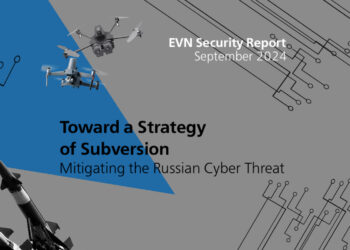Subversion and Electoral Interference: Russia and Armenia’s 2026 Elections
Drawing from Moldova’s recent experience, Armenia must brace for a coordinated and covert Kremlin strategy aimed at electoral interference and destabilizing its democracy ahead of the 2026 parliamentary elections. Nerses Kopalyan explains Russia’s evolving hybrid warfare tactics and “traceless manipulation” operations.











